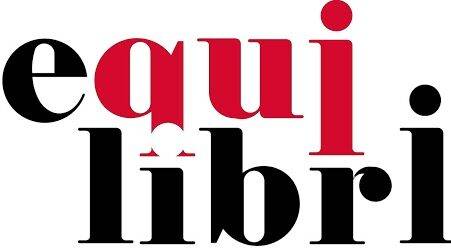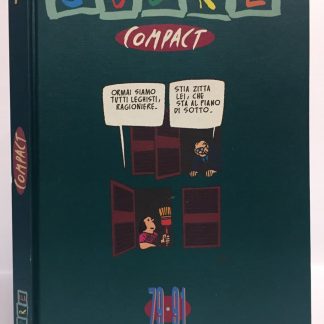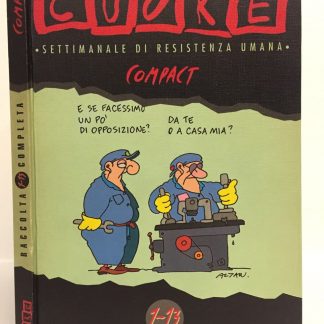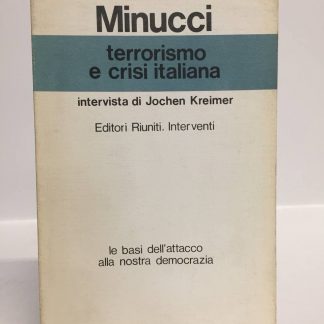Descrizione
Jewish Museum ; 2005; 0300103859 ; Rilegato in tela con titoli in oro al dorso, cofanetto; 26 x 24 cm; pp. 266; With contributions by Leon Borstein, Shira Brisman, Barbara Hahn, and Lucia Re. Volume riccamente illustrato a col. e b./n. ; Presenta leggeri segni d’uso ai bordi della sovracoperta (senza mancanze, con imperfezioni, lacerazione con nastro adesivo), volume saldo, interno senza scritte; Buono, (come da foto). ; From their debut in Berlin in the 1780s to their emergence in 1930s California, Jewish women’s salons served as welcoming havens where all classes and creeds could openly debate art, music, literature, and politics. This fascinating book is the first to explore the history of these salons where remarkable women of intellect resolved that neither gender nor religion would impede their ability to bring about social change. Authors Emily D. Bilski and Emily Braun examine the lives of more than a dozen Jewish salonières, charting the evolution of the salon over time and among cultures, in cities including Berlin, Vienna, Paris, London, New York, and Milan. An engaging cast of characters is introduced, including Henriette Herz, the first Jewish woman to host a salon; Ada Leverson, who welcomed Oscar Wilde to her salon even after his con- troversial arrest; Anna Kuliscioff, an activist ardently opposed to the oppression of women; Margherita Sarfatti, who acted as Mussolini’s political partner; and Gertrude Stein, an expatriate whose famous salon has been deemed the first museum of modern art. The authors show how each woman uniquely adapted the salon to suit her own interests while maintaining the salon’s key characteristics of basic informality and a diversity of guests. Other distinguished contributors to the volume dis- cuss in detail the Berlin salons of the 1800s; the salon in terms of Jewish acculturation and its relation to gender and music, and the relations of Marcel Proust, Oscar Wilde, and Gertrude Stein to the literary salon. The book is enriched with a lavish array of illustrations, including documentary photographs, paintings, drawings, prints, and decorative arts. ; L’immagine se disponibile, corrisponde alla copia in vendita.







